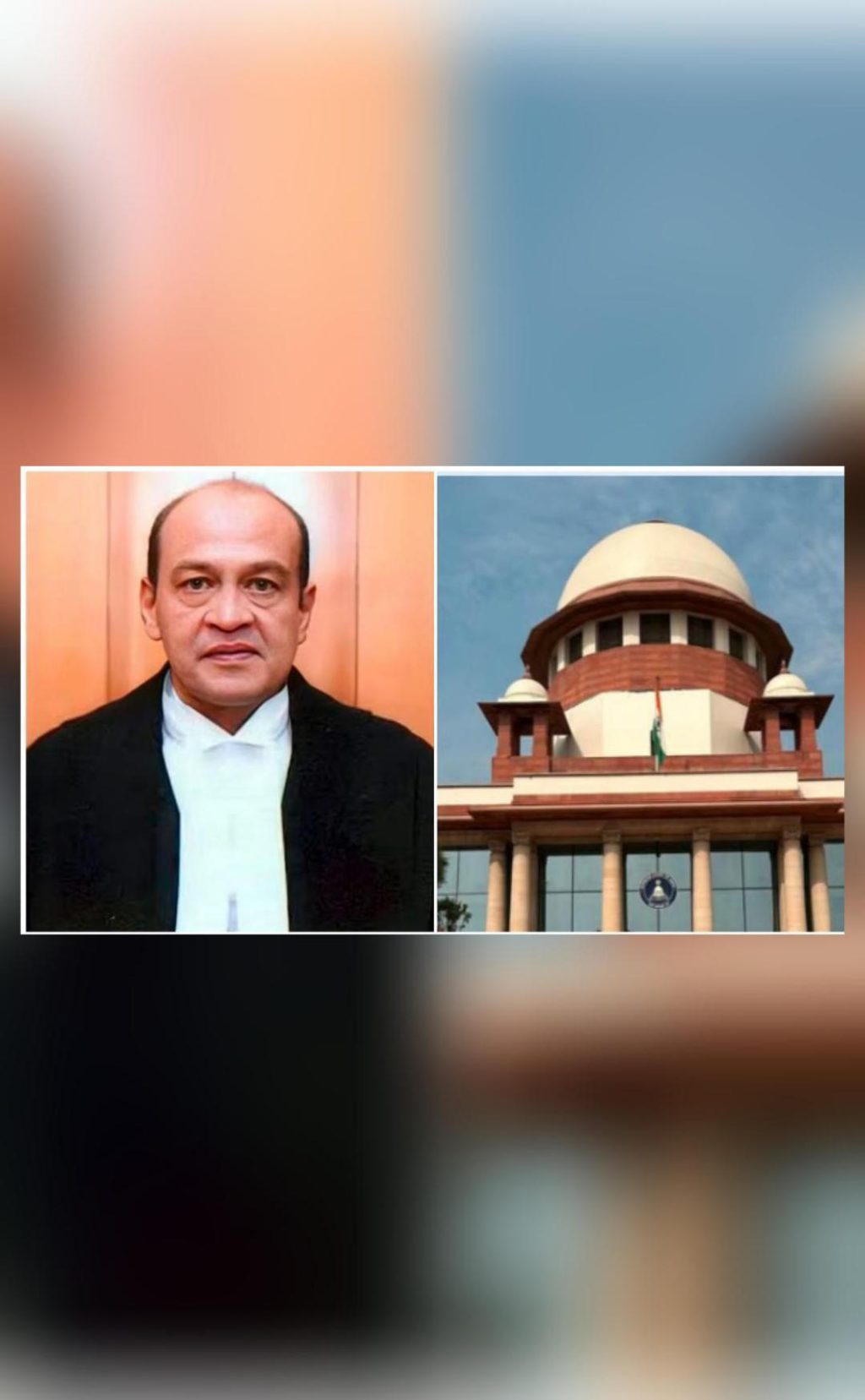
SC Rejects RTI Plea Seeking Probe Report in Justice Varma Cash Row
In a recent development, the Supreme Court has rejected a Right to Information (RTI) application seeking a copy of the in-house 3-member committee report in the ‘cash at home’ case against Justice Yashwant Varma. The application was filed by a Maharashtra-based advocate, who had sought the report to clarify the allegations against the judge.
The ‘cash at home’ case refers to the controversy surrounding Justice Varma’s alleged possession of cash worth over Rs 1.3 crore at his home. The incident had sparked a major row, with many calling for his removal from the bench. An in-house 3-member committee was constituted to probe the allegations against Justice Varma, and the committee submitted its report to the then Chief Justice of India (CJI) Sanjiv Khanna.
The RTI applicant, who remains anonymous, had sought a copy of the report under the Right to Information Act. However, the Supreme Court rejected the application, citing that the report was not a public document and was exempt from disclosure under the RTI Act. The court also refused to reveal the copy of communication written by then CJI Sanjiv Khanna to the President and PM along with the committee report, citing confidentiality.
The decision has sparked debate among legal experts and activists, who argue that the Supreme Court’s decision is a blow to transparency and accountability. Many have pointed out that the RTI Act is meant to promote transparency and accountability in government and public institutions, and that the Supreme Court’s decision undermines the very spirit of the Act.
The RTI applicant had argued that the in-house committee report was a public document and should be disclosed in the public interest. He had also argued that the report was already in the public domain, as it had been discussed in the Supreme Court’s internal meetings. The applicant had sought the report to clarify the allegations against Justice Varma and to ensure transparency in the functioning of the judiciary.
However, the Supreme Court rejected the application, citing that the report was confidential and exempt from disclosure under the RTI Act. The court also relied on the principle of judicial privilege, which protects communication between judges and other officials from disclosure.
The decision has sparked outrage among many, who argue that the Supreme Court’s decision is a blow to transparency and accountability. Many have pointed out that the judiciary is not above the law and that the RTI Act is meant to promote transparency and accountability in all public institutions, including the judiciary.
In recent years, there have been several instances of corruption and irregularities in the judiciary, which have damaged public trust and confidence in the system. The ‘cash at home’ case is just one example of the many controversies that have plagued the judiciary in recent years.
The decision of the Supreme Court has also sparked concerns about the lack of transparency in the judiciary’s internal functioning. Many have pointed out that the judiciary’s internal mechanisms for dealing with corruption and irregularities are opaque and lack transparency.
The RTI applicant has announced that he will appeal the decision in the High Court, and has vowed to continue fighting for transparency and accountability in the judiciary. The case highlights the importance of transparency and accountability in the judiciary, and the need for reforms to ensure that the system is fair and just for all.






